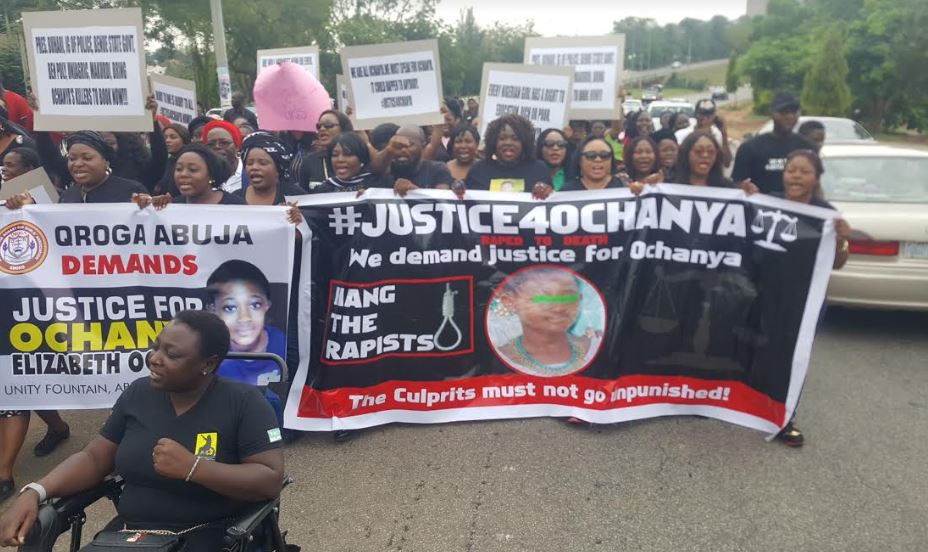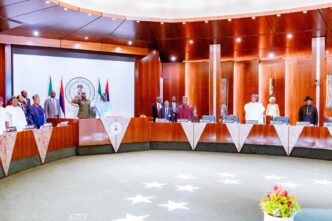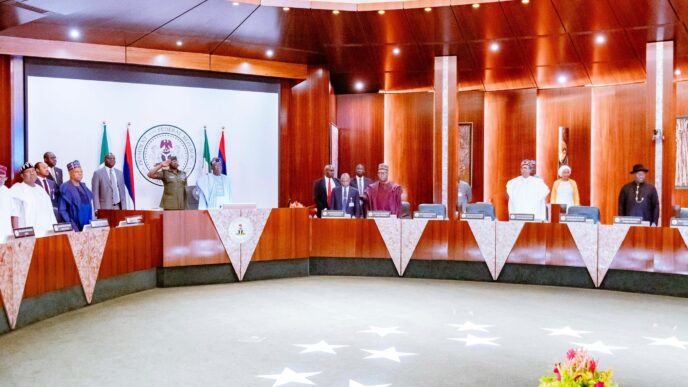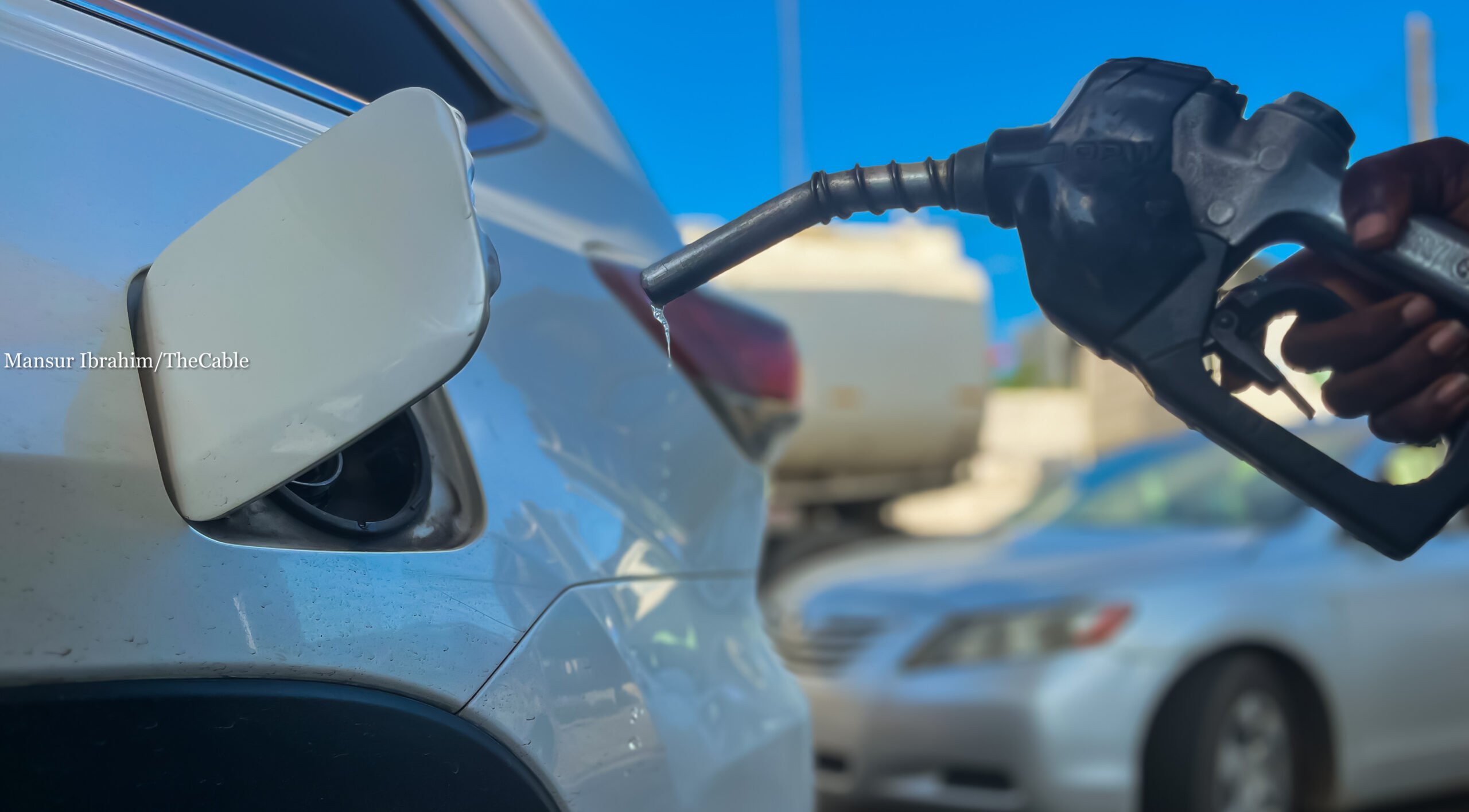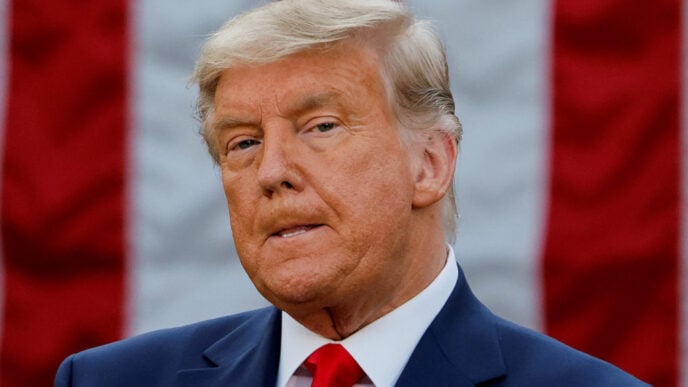BY JAIRUS AWO
Ochanya Ogbanje was just 13 years old when she died in October 2018. A promising student from Benue state, she had dreams like any other child. She was enrolled at the Federal Government Girls College in Gboko and lived with her aunt’s husband, Andrew Ogbuja, and his family in Makurdi for support while schooling. But instead of protection, she was allegedly subjected to 60 months of sexual abuse by both Ogbuja and his son, Victor. The abuse led to severe medical complications, including vesicovaginal fistula (VVF), and ultimately, her death.
Ochanya’s story is not just a tragedy; it is a symbol of a national crisis.
In Nigeria today, one in every four girls experiences sexual violence before the age of 18. That statistic, drawn from UNICEF, is not just a number; it is a national indictment.
Advertisement
It means that in a family of ten girls, at least two will be sexually violated before they become adults.
And if that number feels abstract, it’s because we’ve become numb to the scale of the crisis. Behind every digit is a child. A name. A life. A wound. And in some cases, a grave. To look at the numbers alone is to miss the horror.
Sexual violence against children is a silent war, waged in bedrooms, classrooms, churches, and compounds. It leaves behind scars that are not always visible but are always deep.
Advertisement
The psychological toll is shocking: many survivors suffer from post-traumatic stress disorder, depression, anxiety, and suicidal thoughts. Emotionally, they are robbed of trust, safety, and self-worth. Physically, the damage can be lifelong, including sexually transmitted infections, unwanted pregnancies, and in severe cases, conditions like VVF, which causes chronic pain and social isolation. Educationally, many drop out of school, unable to cope with the trauma or stigma. Socially, they are often blamed, shamed, and silenced.
Yet, despite this devastation, Nigeria’s justice system remains disturbingly indifferent.
According to UNICEF, less than 5% of child sexual abuse cases are ever prosecuted. That means if 100 abusers are arrested, only five will face trial. The remaining 95 will walk free, free to abuse again, free to silence more children, free to live among us without consequence. This is not justice. It is betrayal.
Ochanya’s case broke hearts and stirred outrage. Nigerians, especially from Benue, took to the streets and social media, demanding justice. The hashtag #JusticeForOchanya became a rallying cry.
Advertisement
But justice never came.
Victor Ogbuja remains a fugitive. Andrew Ogbuja was acquitted by a Benue State High Court in 2022.
According to court records and media reports, the judge ruled that the prosecution failed to prove its case beyond a reasonable doubt.
Investigative lapses, most notably the failure to conduct a medical examination while Ochanya was alive, crippled the prosecution’s argument.
Advertisement
Conflicting medical reports and a lack of direct forensic evidence were cited as reasons for the acquittal. Only Felicia Ogbuja, the aunt who failed to protect her, was convicted of negligence. She received a five-month sentence.
Five months, for a child’s life, for years of abuse, for silence and complicity.
Advertisement
This is the face of systemic failure.
The #JusticeForOchanya movement is back online, on X, Facebook, and other social media platforms. Nigerians have risen again. The #JusticeForOchanya movement in 2025 is not just a memorial; it is a reckoning. It is a reminder that the fight is far from over. It is a call to action for lawmakers, educators, parents, and every citizen who refuses to accept this status quo. Because Ochanya’s story is not an exception. It is a mirror. It reflects a society that has normalised silence, protected predators, and abandoned its children.
Advertisement
In many Nigerian communities, abuse is cloaked in euphemism: “discipline,” “correction,” “family matter.” Victims are told not to speak.
Perpetrators are shielded by status, wealth, or kinship. The result is a culture where children are not just vulnerable, they are disposable. Where silence is safer than truth. Where justice is a luxury, not a right.
Advertisement
The legal system is complicit. Cases drag on for years. Evidence is mishandled. Survivors are retraumatized in courtrooms. Judges dismiss cases on technicalities. Police officers intimidate victims or demand bribes. Prosecutors lack training. Politicians lack will. And the cycle continues.
Benue state domesticated the Child Rights Act in 2008. On paper, children in Benue have legal protection. But laws mean nothing without enforcement. Ochanya’s case proves that, even in states with child protection laws, children are still unsafe. Predators still roam free. Justice is still elusive.
So what must change?
We need accountability, not just for perpetrators, but for institutions. Police officers who mishandle cases must face consequences. Prosecutors who fail to build strong cases must be retrained or removed. Judges must be sensitised to the realities of child abuse. And lawmakers must amend the Criminal Code to remove evidentiary loopholes that shield abusers.
We need protection. Every school, every church, every household must become a safe space. That means mandatory reporting of suspected abuse. That means child protection officers in schools. That means community watch programs. That means empowering children to speak and listen when they do.
We need healing. Survivors must have access to counselling, medical care, and educational support. They must be reintegrated into society with dignity, not stigma. They must be seen, heard, and believed.
And finally, we need justice. Swift, transparent, and uncompromising justice. Not just for Ochanya, but for every child whose story has been buried. Every child whose abuser walks free. Every child who still cries in silence.
Ochanya’s death should have been a turning point. Instead, it became another chapter in Nigeria’s long history of systemic failure. But it’s not too late. Her story still burns. Her name still echoes. And her fight is still ours to carry.
Let this be the moment we rise. Let this be the moment we say: no more.
Because Nigeria is failing its daughters. And unless we act, it will keep failing them.
Jairus Awo is a journalist covering Nigeria’s north-central region for The Middlebelt Reporters. You can contact him via [email protected]
Views expressed by contributors are strictly personal and not of TheCable.
